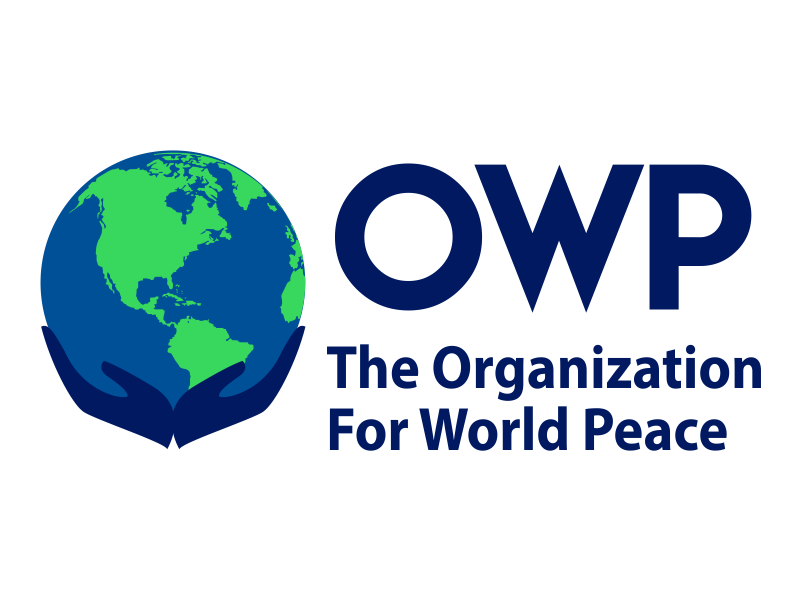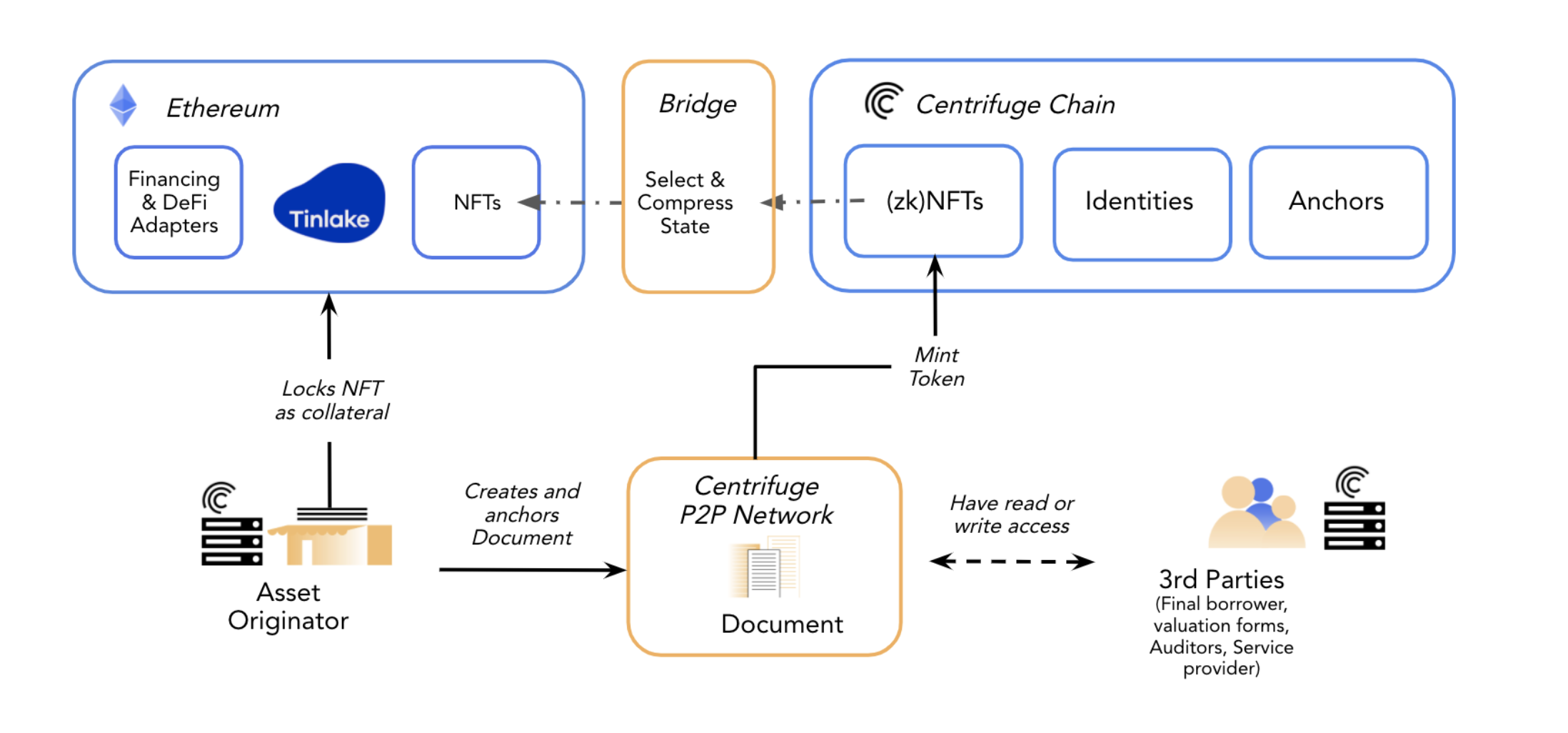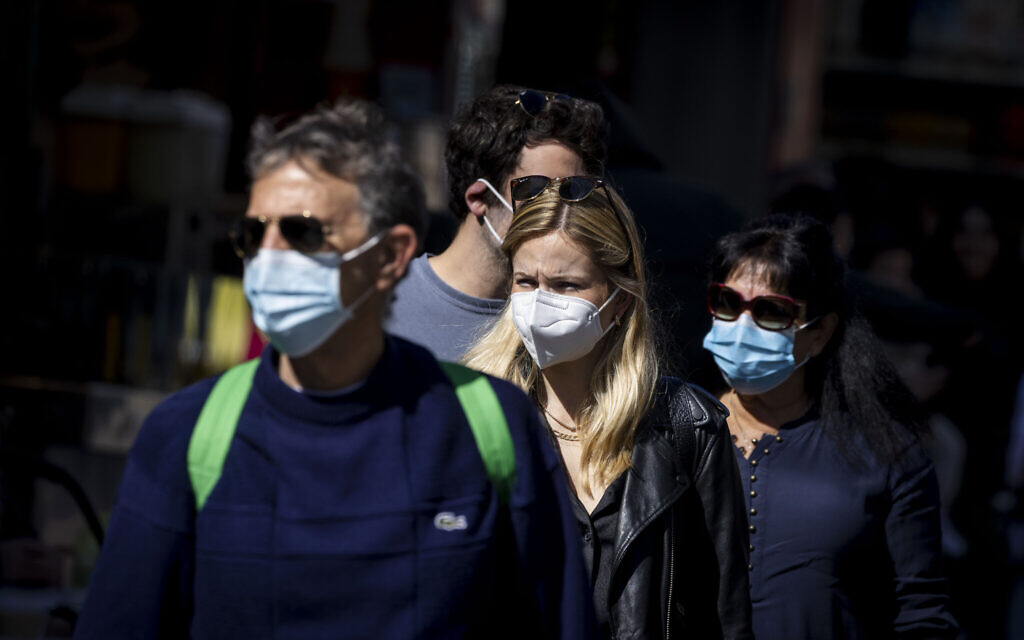Amid a growing number of daily infections, Israel’s R number – the transmission rate of the COVID virus – topped 1 in Israel for the first time since January, Health Ministry figures showed on Saturday.
The transmission rate represents the number of people each confirmed patient infects, on average. Any number greater than 1 means the pandemic is growing.
The latest development comes as rising cases heighten fears of a resurgent pandemic.
According to the ministry, the R number was 1.02 on Saturday and 7,080 new COVID cases were confirmed on Friday – the highest single-day figure in more than 10 days.
Daily cases have steadily increased in recent days.
The total number of active cases in the country stood at 43,600 on Saturday. The number of serious cases stood at 326, including 133 connected to ventilators. The death toll was 10,417.
“We’re actually heading for an increase and kind of a spread in terms of new cases, and maybe that’s what we’re seeing,” said Professor Eran Segal of the Weizmann Institute, a top government adviser on the pandemic, at Channel 12 news on Saturday. “We see it in some European countries.”
Segal said the resurgence is most likely caused by Omicron’s BA.2 subvariant, which is thought to be more contagious.
People wearing face masks walk in Jerusalem, February 10, 2022. (Olivier Fitoussi/Flash90)
Segal noted that this could partly be the result of the audience “now having a full and perhaps less strict normal daily routine as well”.
He pointed out that “this variant is just as violent as the Omicron – that is, less than the original variants and the Delta strain.
“And also, it’s estimated that almost half of the country’s population has been infected with the Omicron variant. We know that a person who has recovered from Omicron can be re-infected with BA.2, but [the chances are] always small.”
Segal said that given all of these variables, he believed that if a new wave started to emerge, it wouldn’t be the same size as the Omicron variant.
BA.2 has been documented to have re-infected some people after an initial case of Omicron. There is mixed research on whether it causes more severe disease than Omicron, but vaccines appear to be just as effective against it.
On Wednesday, Prime Minister Naftali Bennett announced that Israel would keep its indoor mask mandate in place for at least another month. Most other COVID-related public health orders have been rescinded.












